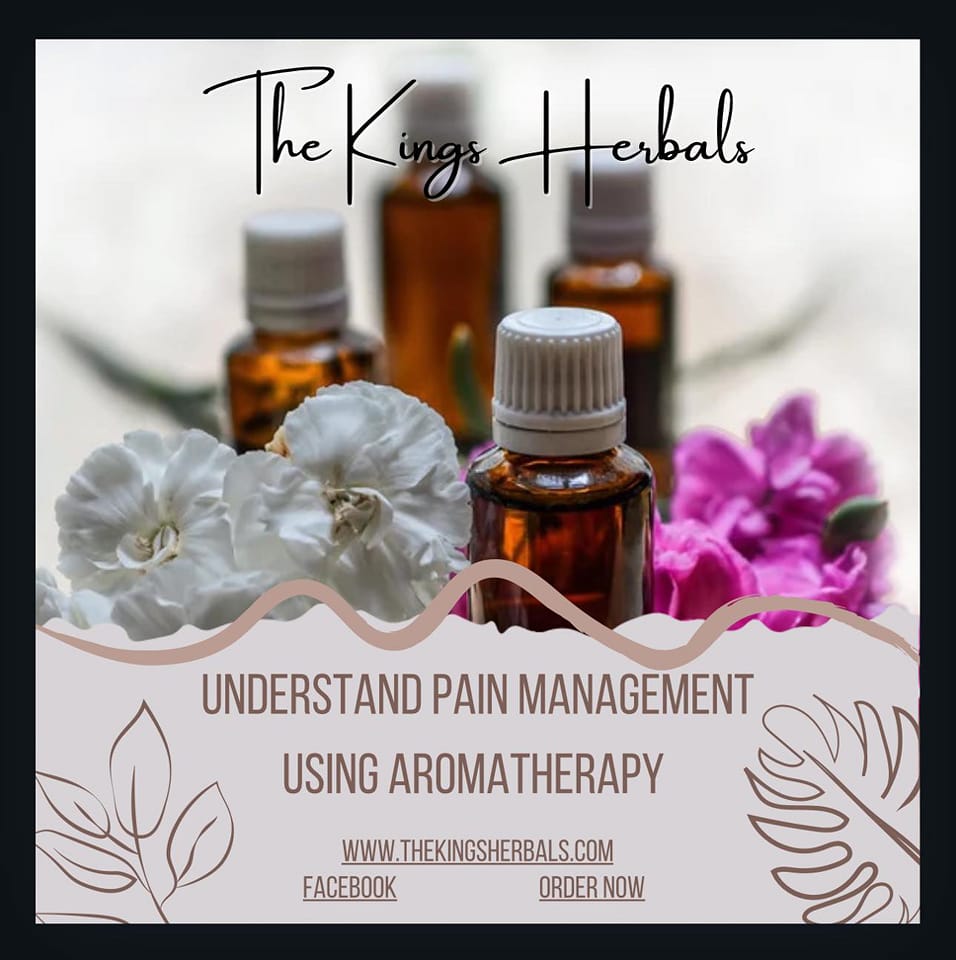This blog is about Sjogren’s disease. I wanted to share it because several from another group had been talking about this a few weeks ago. I finally found where I had saved it and here it is!
Sjogren’s syndrome is an autoimmune disorder where the body’s immune system attacks its moisture-producing glands. This often leads to dry mouth (xerostomia) and dry eyes (keratoconjunctivitis sicca), but it can also affect other organs and systems.
 Symptoms:
Dry Mouth: Difficulty swallowing, speaking, or tasting food.
Dry Eyes: Burning, itching, or a feeling of grittiness.
Joint Pain: Inflammation and pain in the joints.
Fatigue: Persistent tiredness.
Swollen Glands: Especially the salivary glands; which can lead to a noticeable enlargement of the cheeks or jaw.
 Diagnosis:
Diagnosing Sjogren’s syndrome typically involves a combination of:
Clinical Evaluation: Assessing symptoms and medical history.
Blood Tests: To check for specific autoantibodies (like anti-SSA/Ro and anti-SSB/La).
Salivary Gland Biopsy:Often from the lip, to look for inflammation.
Eye Tests: Such as the Schirmer test to measure tear production.
Treatment:
There is no cure for Sjogren’s syndrome, so treatment focuses on managing symptoms and preventing complications:
Artificial Tears: To relieve dry eyes a short solution that may require using many times during the day.
Saliva Substitutes: To help with dry mouth.
Medications: Such as pilocarpine or cevimeline to stimulate saliva production.
Lifestyle Adjustments: Like drinking plenty of fluids and avoiding dry environments.
Complications:
Sjogren’s syndrome can sometimes lead to more serious issues, such as:
Dental Problems: Due to dry mouth, which can increase the risk of tooth decay.
Infections: Such as frequent eye infections.
Lymphoma: Although rare, there’s an increased risk of developing this type of cancer in people with Sjogren’s.
If you or someone you know might have Sjogren’s syndrome, it’s essential to consult a healthcare provider for a thorough evaluation and personalized treatment plan.
I’m an aromatherapists in Coos Bay, Oregon and with that I found several essential oils that may help:
Because I had dry eyes several years ago due to cataracts, I found that putting a drop of Frankincense into the palms of my hands rubbing them together, then makeing a cup with my hands, covering my eyes and nose to inhale helped a great deal to relieve the dryness and fatigue. Keep eyes open or it won’t work but keep the oils from touching eyes.
PART TWO
The symptoms of Sjogren’s syndrome primarily affect moisture-producing glands, but they can also involve various other organs and systems in the body. Here’s a detailed look at where symptoms typically manifest:
1. Mouth:
- Dry Mouth (Xerostomia): Difficulty swallowing, speaking, or tasting food. This can also lead to an increased risk of dental issues such as cavities and gum disease.
- Swollen Salivary Glands: Especially noticeable around the jaw or under the tongue.
2. Eyes:
- Dry Eyes (Keratoconjunctivitis Sicca): Symptoms include burning, itching, redness, and a gritty feeling. People may experience blurred vision or increased sensitivity to light.
3. Joints:
- Joint Pain and Stiffness: Common in the hands, wrists, and knees. This can resemble arthritis but is usually not as severe.
4. Skin:
- Dry Skin: Skin may feel dry and itchy. Some people also experience rashes or other skin changes.
5. Nose and Throat:
- Dry Nasal Passages: Can lead to a feeling of nasal congestion or frequent nosebleeds.
- Dry Throat: May cause discomfort or difficulty swallowing.
6. Digestive System:
- Difficulty Swallowing: Due to reduced saliva production, which helps in the initial breakdown of food.
- Gastric Issues: Some people experience acid reflux or other gastrointestinal symptoms.
7. General:
- Fatigue: A common symptom that can be debilitating and affect daily activities.
- Fever: Sometimes, a mild fever can occur.
8. Other Organs:
- Kidneys: Rarely, Sjogren’s syndrome can affect kidney function.
- Liver: Some people may have liver abnormalities or autoimmune liver conditions.
- Lungs: Rare cases may involve dry cough or respiratory issues due to inflammation.
Complications:
- Increased Risk of Lymphoma: Sjogren’s syndrome slightly increases the risk of developing lymphoma, a type of cancer that affects the lymphatic system.
If you experience symptoms that could be related to Sjogren’s syndrome, it’s important to consult with a healthcare provider for an accurate diagnosis and appropriate management. They can help tailor treatment to your specific symptoms and needs.
PART THREE:
Essential oils can offer some symptomatic relief for individuals with Sjogren’s syndrome, especially for issues like dry skin and respiratory discomfort. However, they should be used as complementary treatments rather than replacements for conventional medical care. Here are some essential oils that may be helpful:
1. For Dry Skin:
- Lavender Oil: Known for its soothing and moisturizing properties. It can be diluted with a carrier oil (like coconut or jojoba oil) and applied to dry or irritated skin.
- Frankincense Oil: Can help improve skin hydration and elasticity, which may be beneficial for dry or aging skin.
- https://thekingsherbals.com/product/luscious-body-butter/
2. For Dry Mouth:
- Peppermint Oil or Spearmint Oil: Often used to freshen breath and can help stimulate saliva production. Be sure to dilute it well before use and consult with a healthcare provider regarding its use for oral care. Essential oils are added to mouthwash but the other added ingredients leave a different aftertaste. https://thekingsherbals.com/product/peppermint-menta-peperita/
3. For Dry Eyes:
- Helichrysum Oil (cost prohibitive): Known for its regenerative properties, it can help with overall eye health when used around the eyes. Ensure it is properly diluted and avoid direct contact with the eyes.
- A subtitute can be Frankincense: https://thekingsherbals.com/product/frankincense-essential-oil/
- Ginger Oil: May help reduce inflammation and pain. It can be diluted and massaged into affected joints. I have this buy it’s not currently in the store.
- Eucalyptus Oil: Known for its anti-inflammatory properties and can be used in a warm compress or diluted in a carrier oil for joint pain relief. https://thekingsherbals.com/product/eucalyptus-globulus-essential-oil/
- If you don’t want the hastle try this: https://thekingsherbals.com/product/essential-pain-relief/
5. For Fatigue:
- Citrus Oils (like Lemon or Orange): Can have uplifting and energizing effects. They can be used in a diffuser to help boost energy levels and improvemood. https://thekingsherbals.com/product/orange-essential-oil/
6. For Respiratory Issues:
- Tea Tree Oil: Offers antimicrobial properties that may help with respiratory health. It can be used in a diffuser or as part of a steam inhalation. https://thekingsherbals.com/product/tea-tree-melaleuca-alternifolia/
- Eucalyptus Oil: Useful for its decongestant and expectorant properties, which can ease symptoms of a dry throat or nasal congestion.
- https://thekingsherbals.com/product/eazy-breathe/
Safety Tips:
- Dilution: Essential oils should always be diluted with a carrier oil before applying them to the skin to prevent irritation. I have a kit that comes with a bottle of carrier oil. https://thekingsherbals.com/product/basic-essential-kit/
- Patch Test: Perform a patch test before using a new essential oil to check for any allergic reactions or sensitivity.
- Consult Healthcare Providers: Always consult with a healthcare provider before starting any new treatment, especially if you have underlying health conditions or are on other medications.
Using essential oils can be a pleasant and potentially beneficial adjunct to other treatments for Sjogren’s syndrome, but they should be part of a broader management plan designed by your healthcare team.


